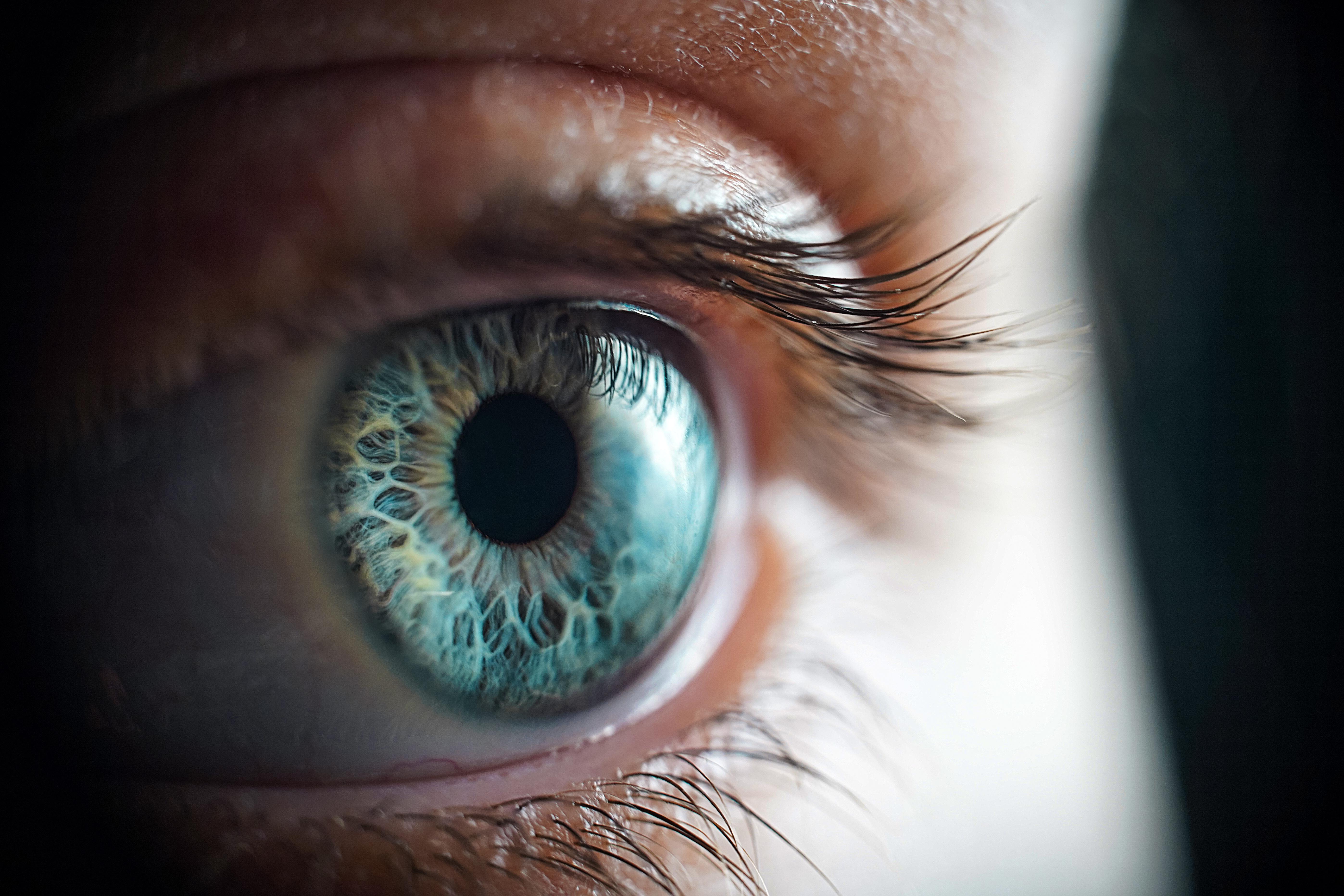IQ
Maybe eyes really are windows into the soul — or at least into the brain, as a new study finds.
A new study makes a surprising finding on the intelligence of psychopaths, often portrayed as evil geniuses in popular culture.
The IQ test is the most widely known measure of intelligence, but are the ‘twice exceptional’ and other gifted members of society slipping between the cracks?
▸
4 min
—
with



